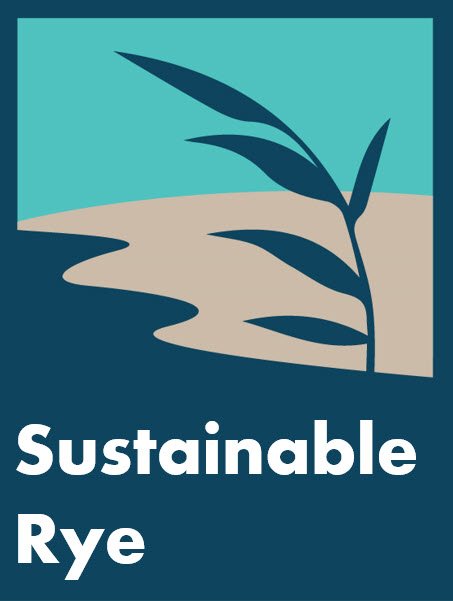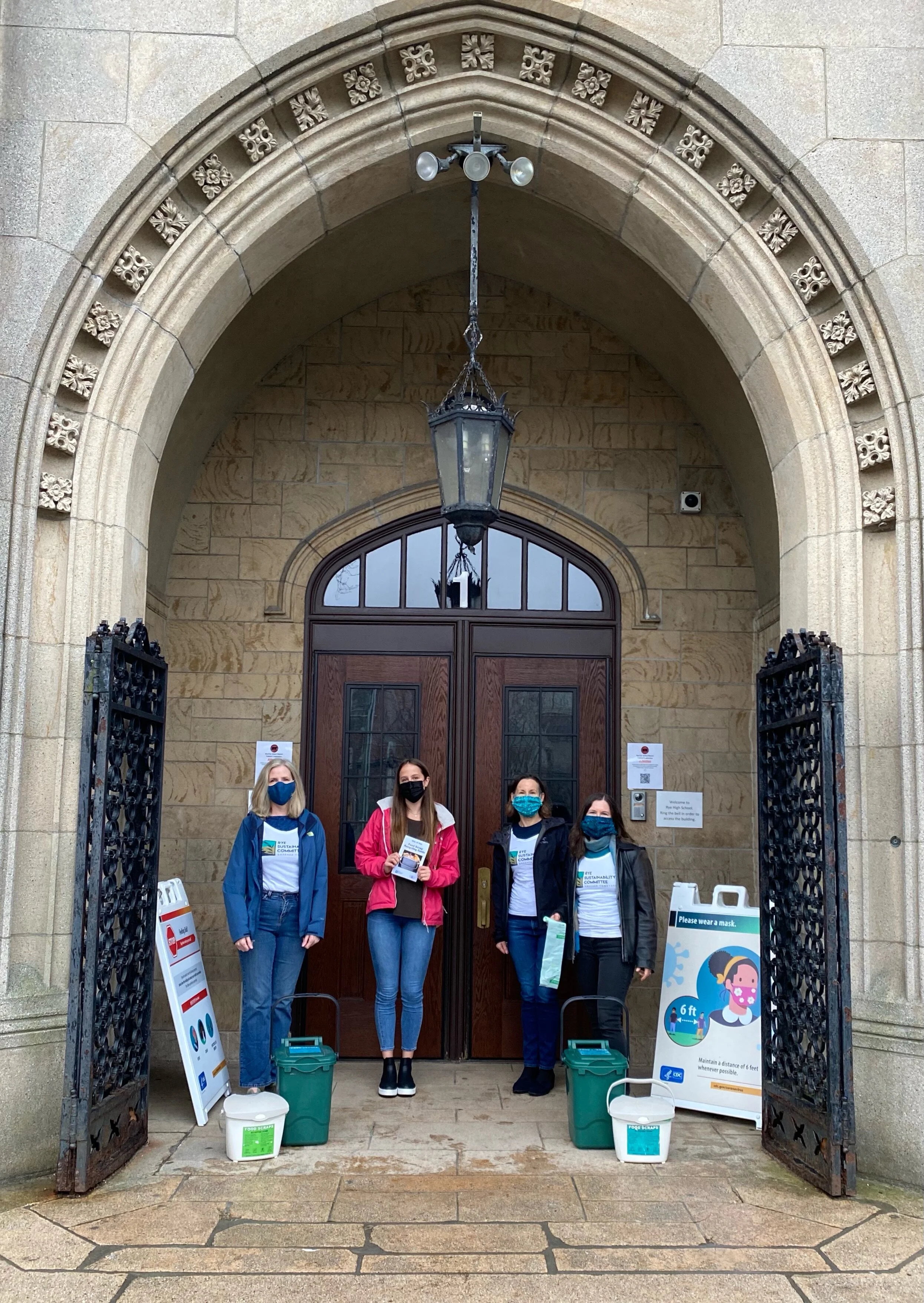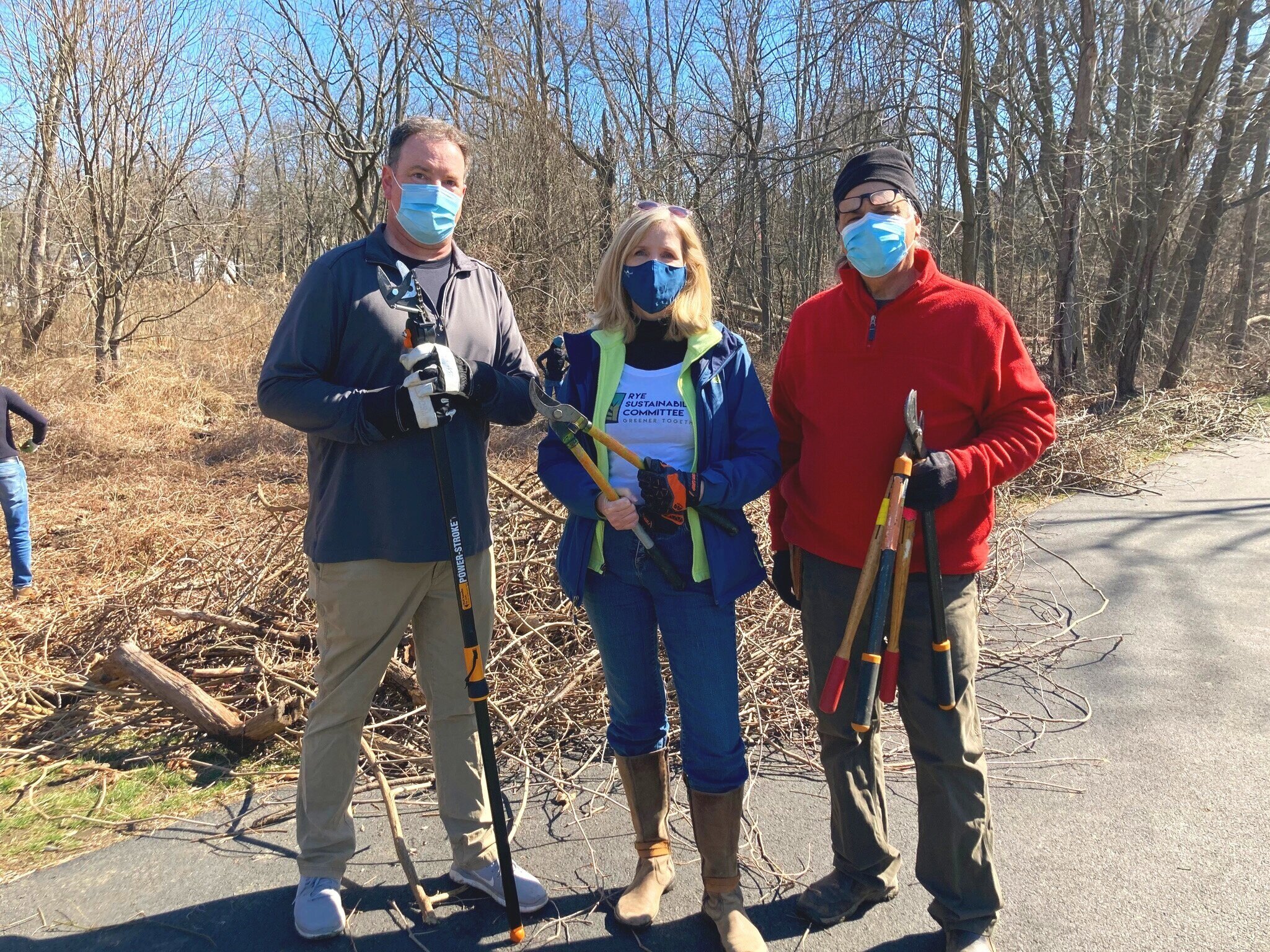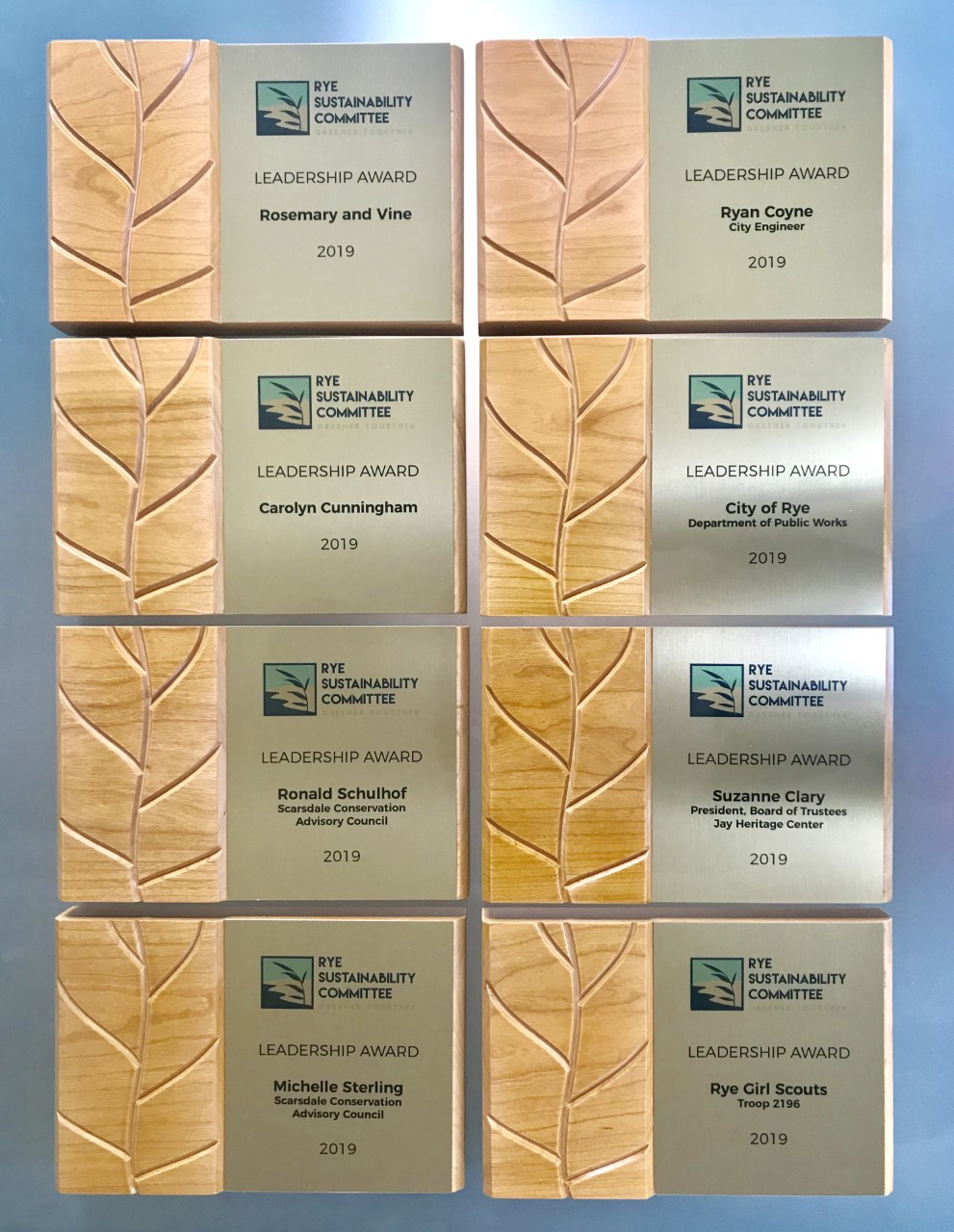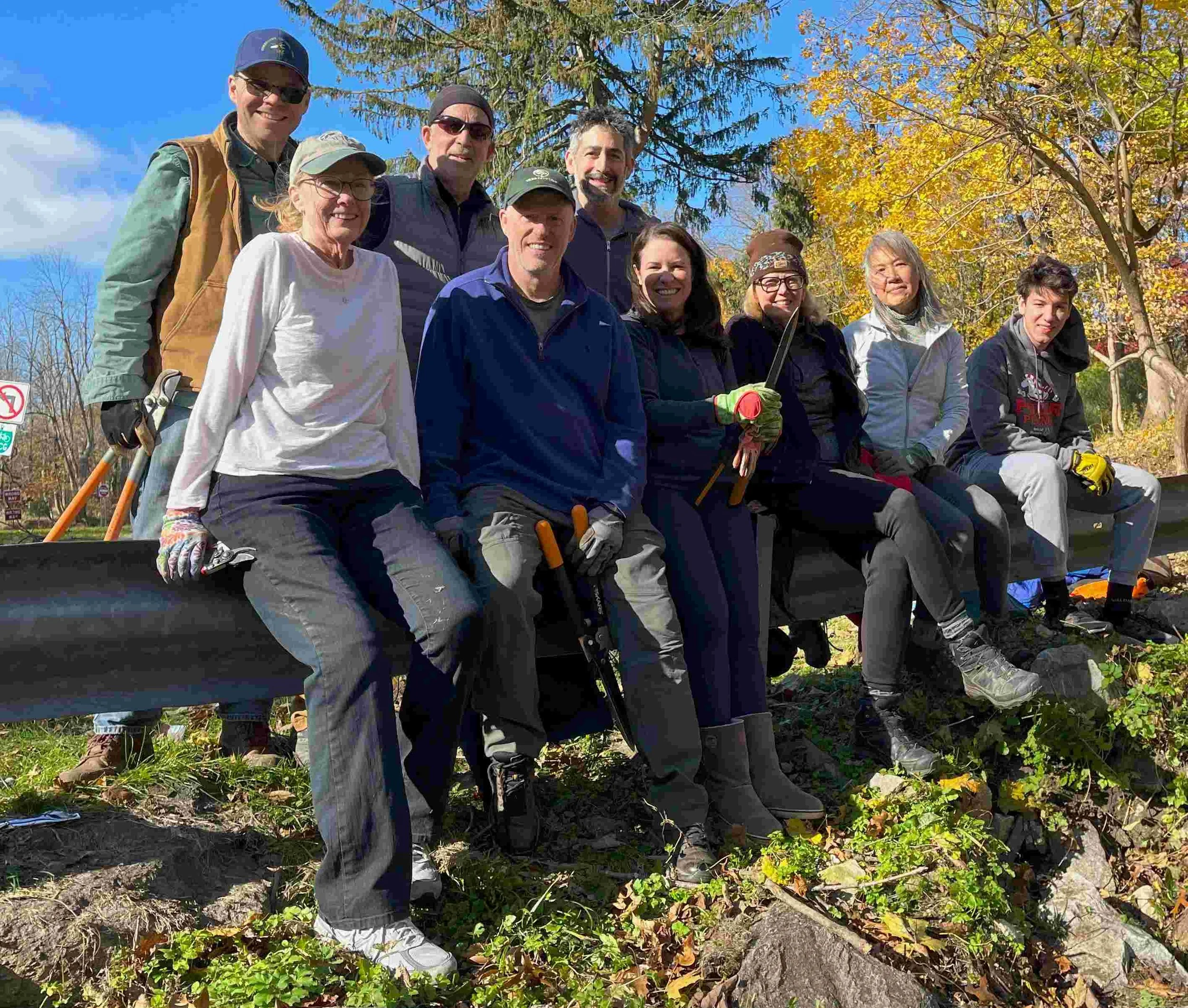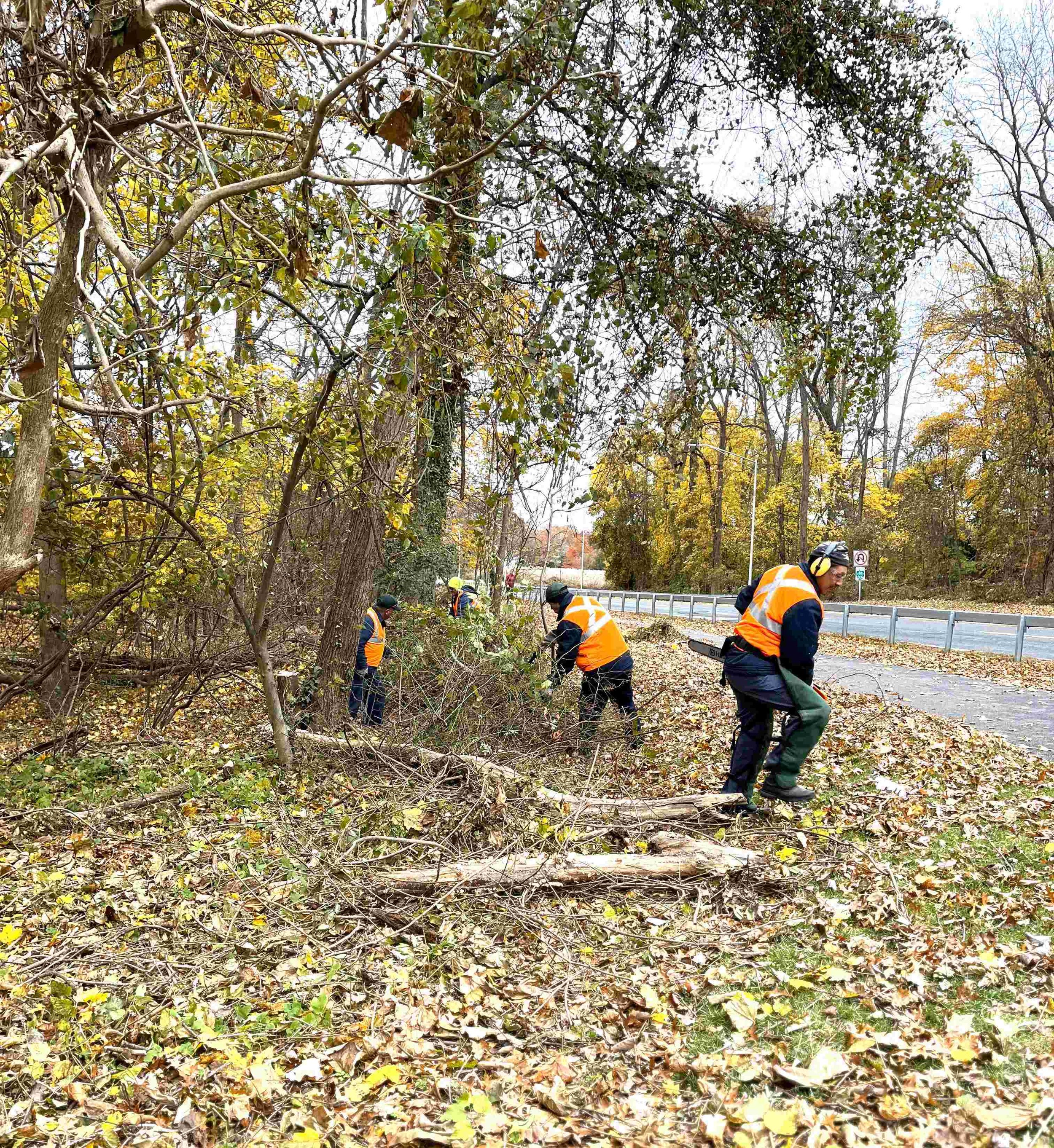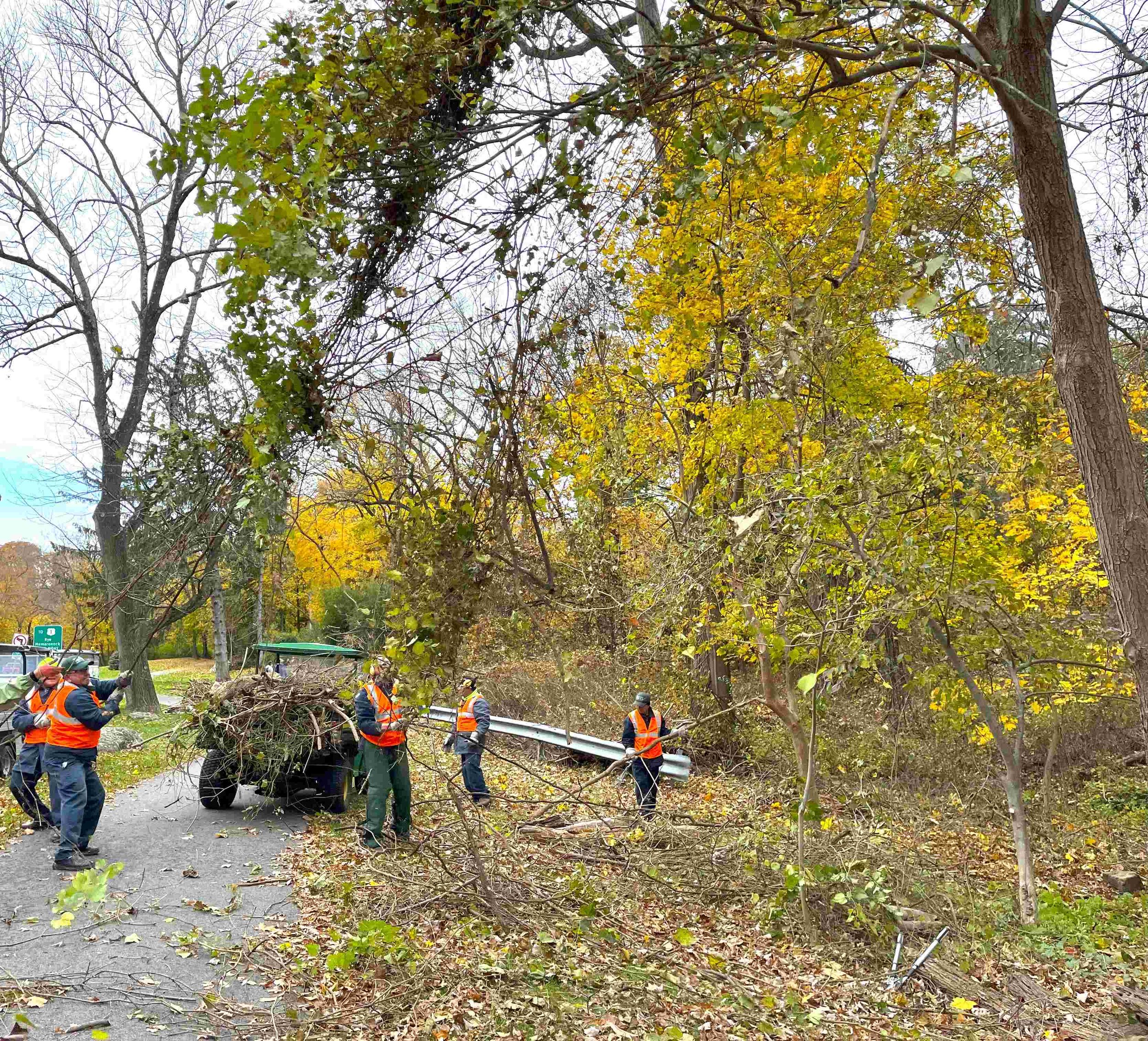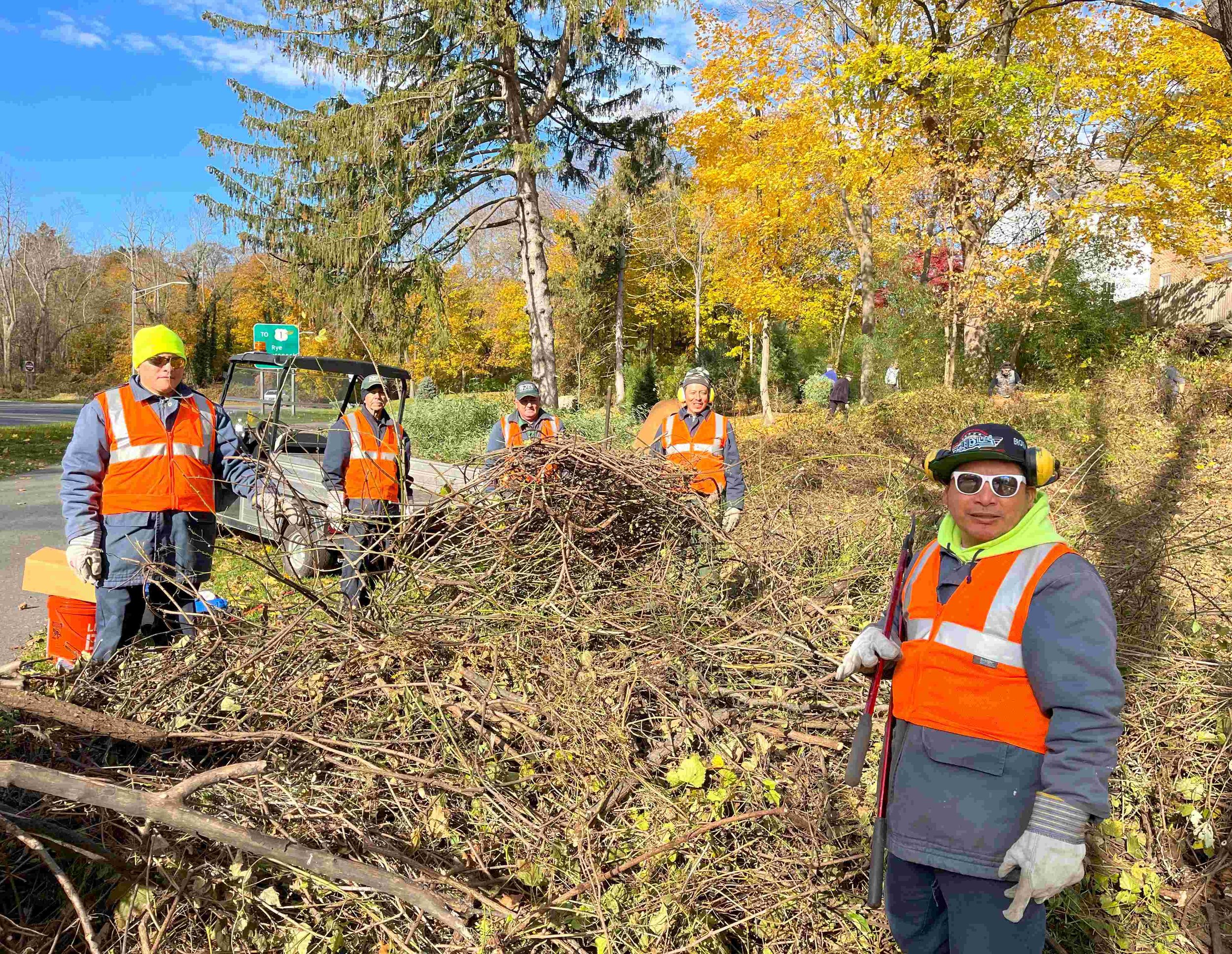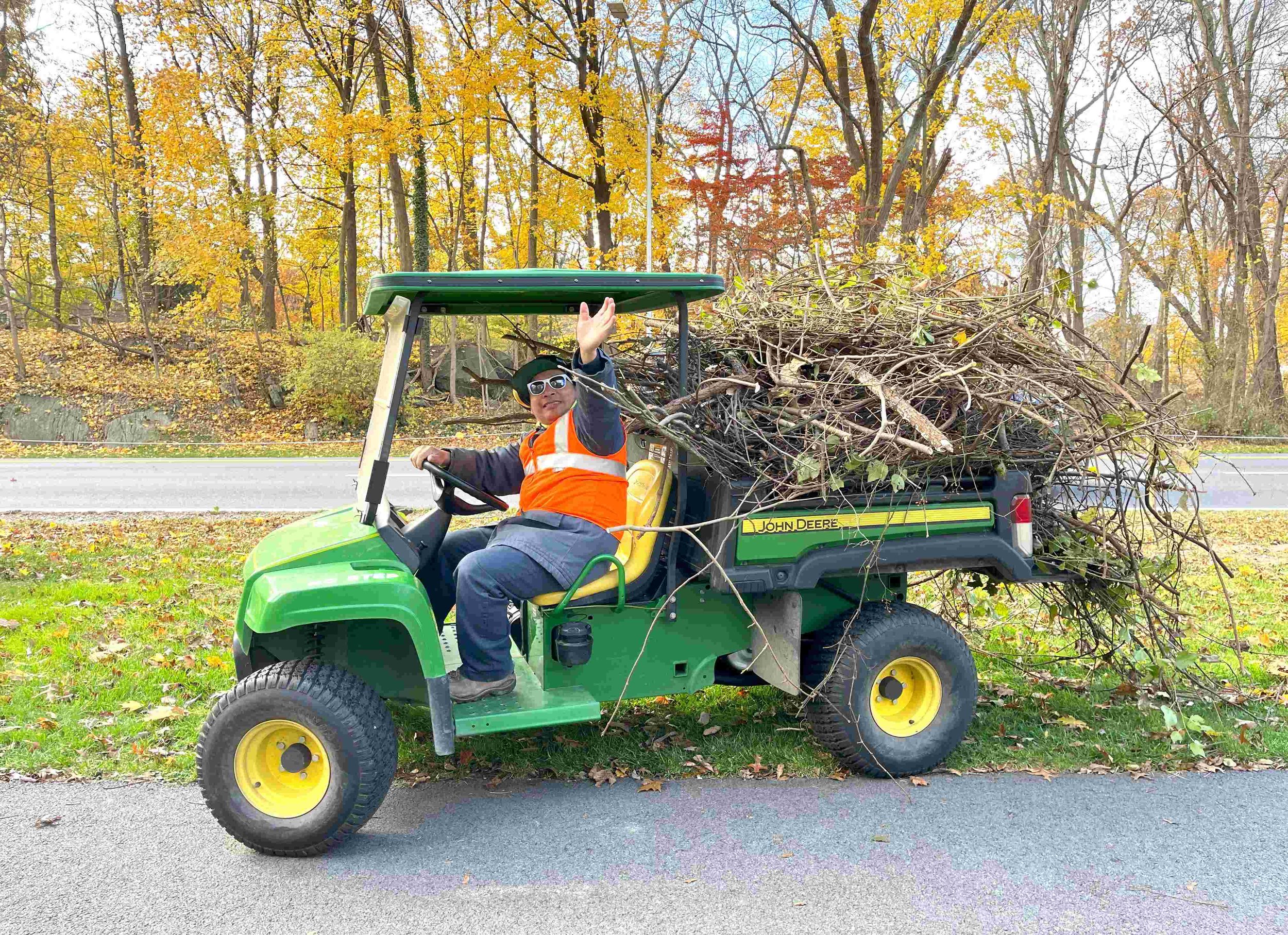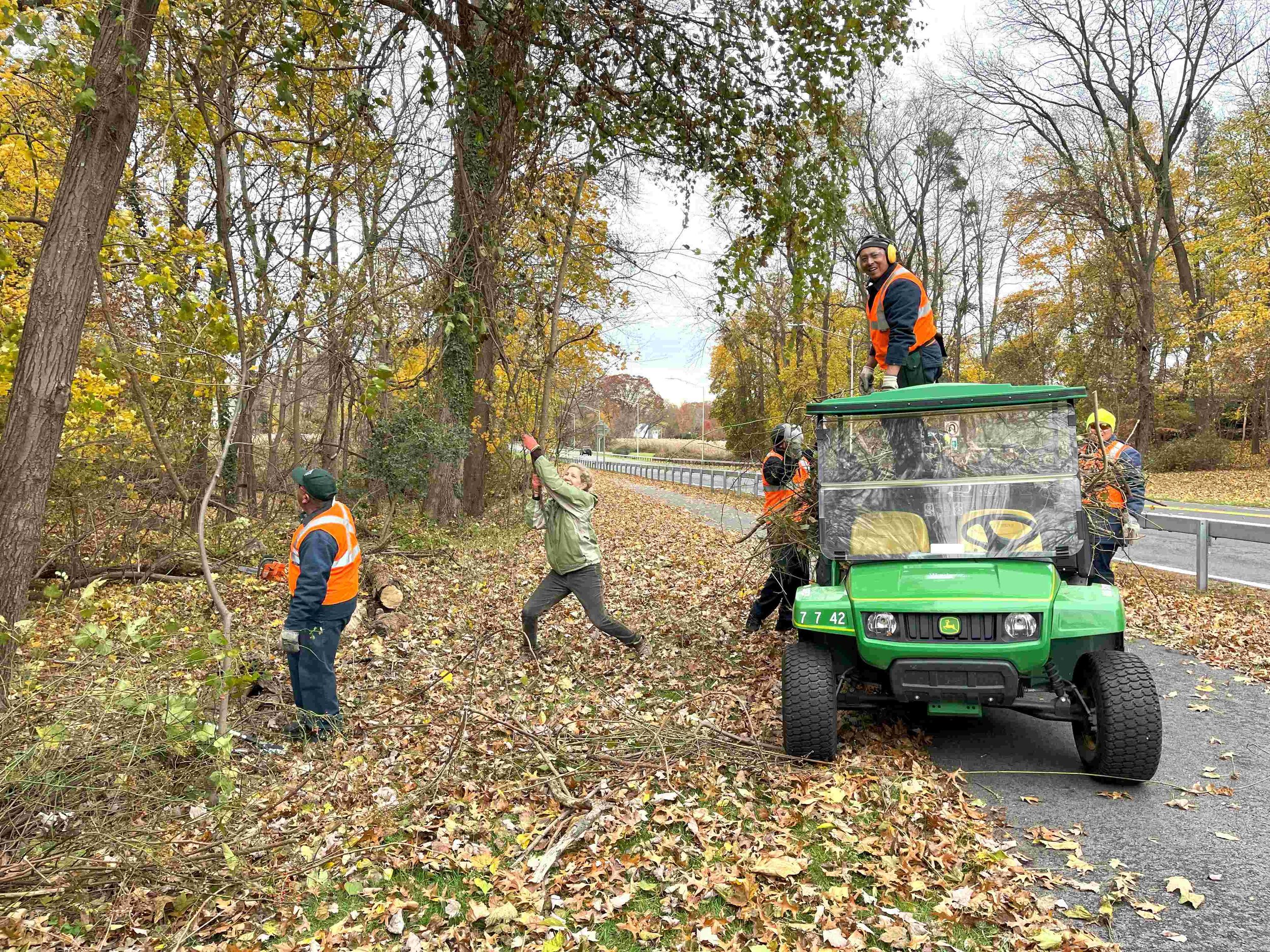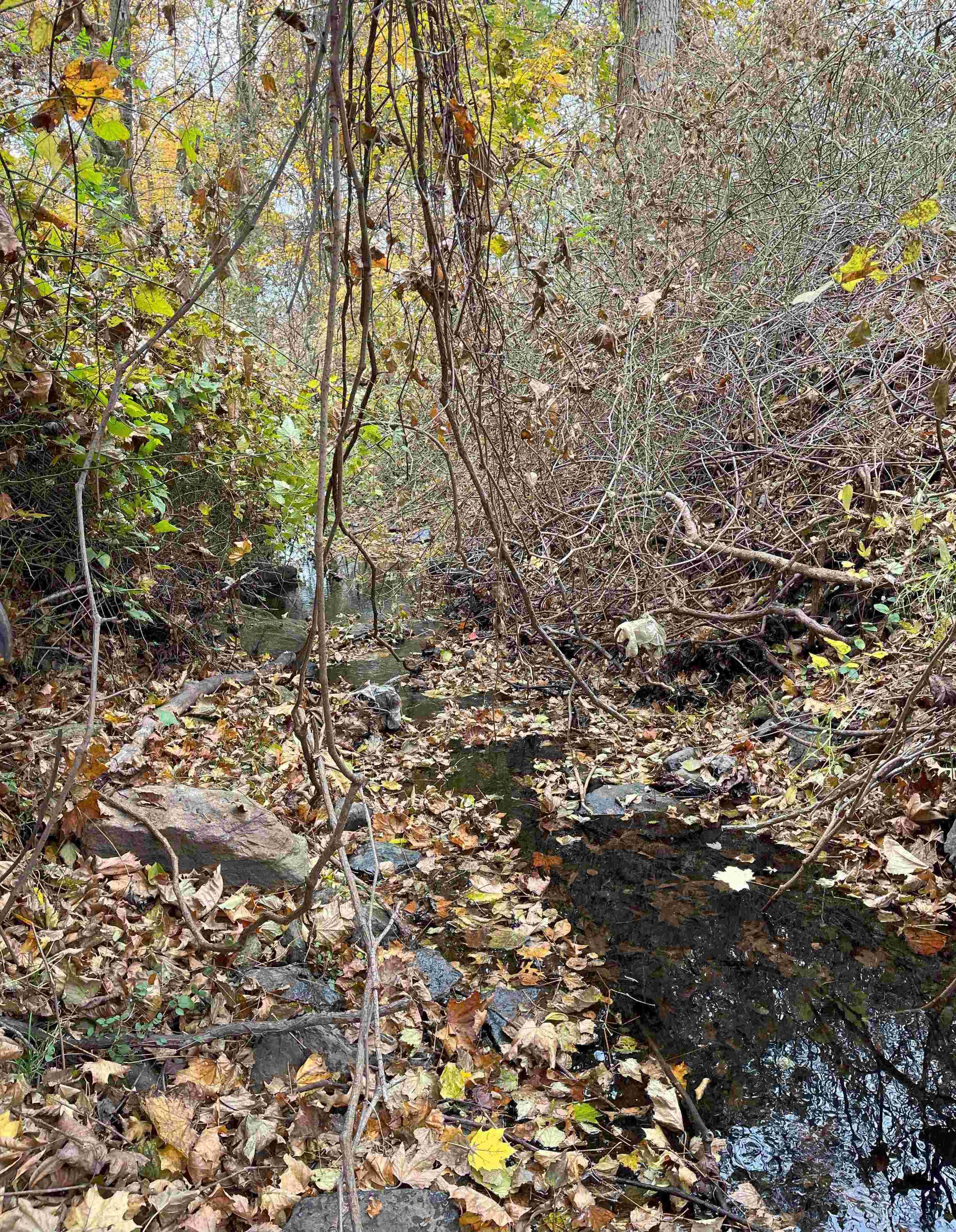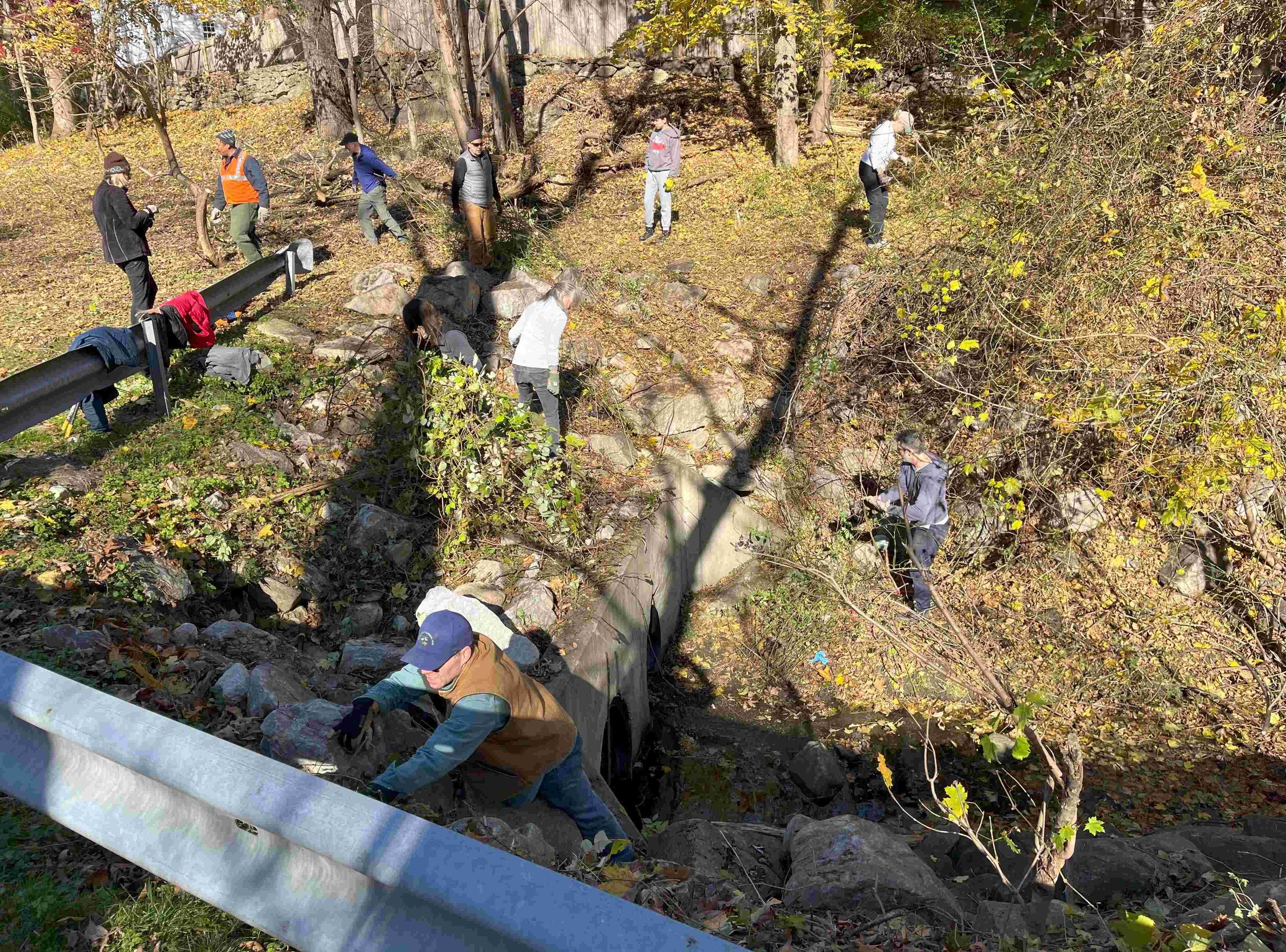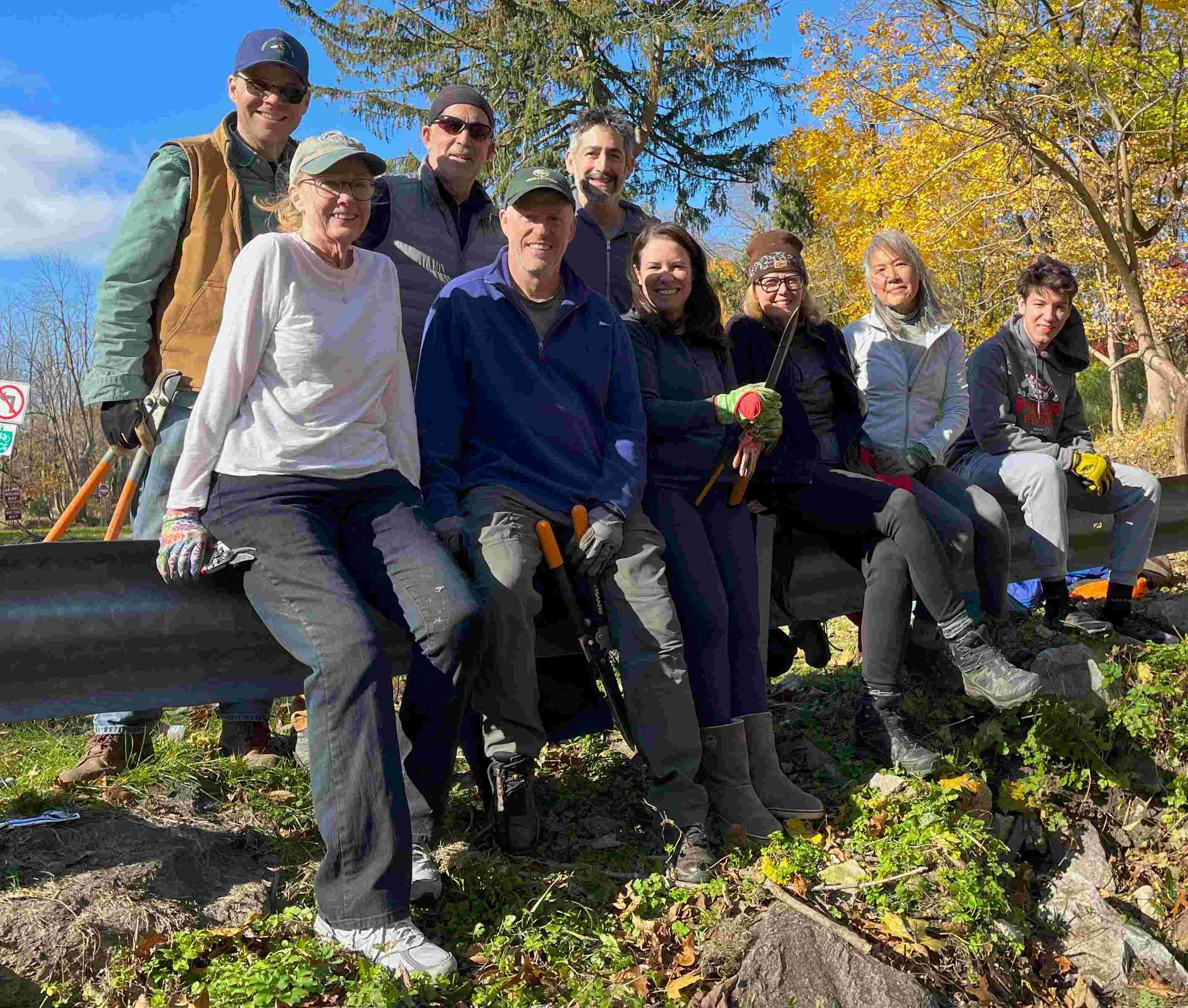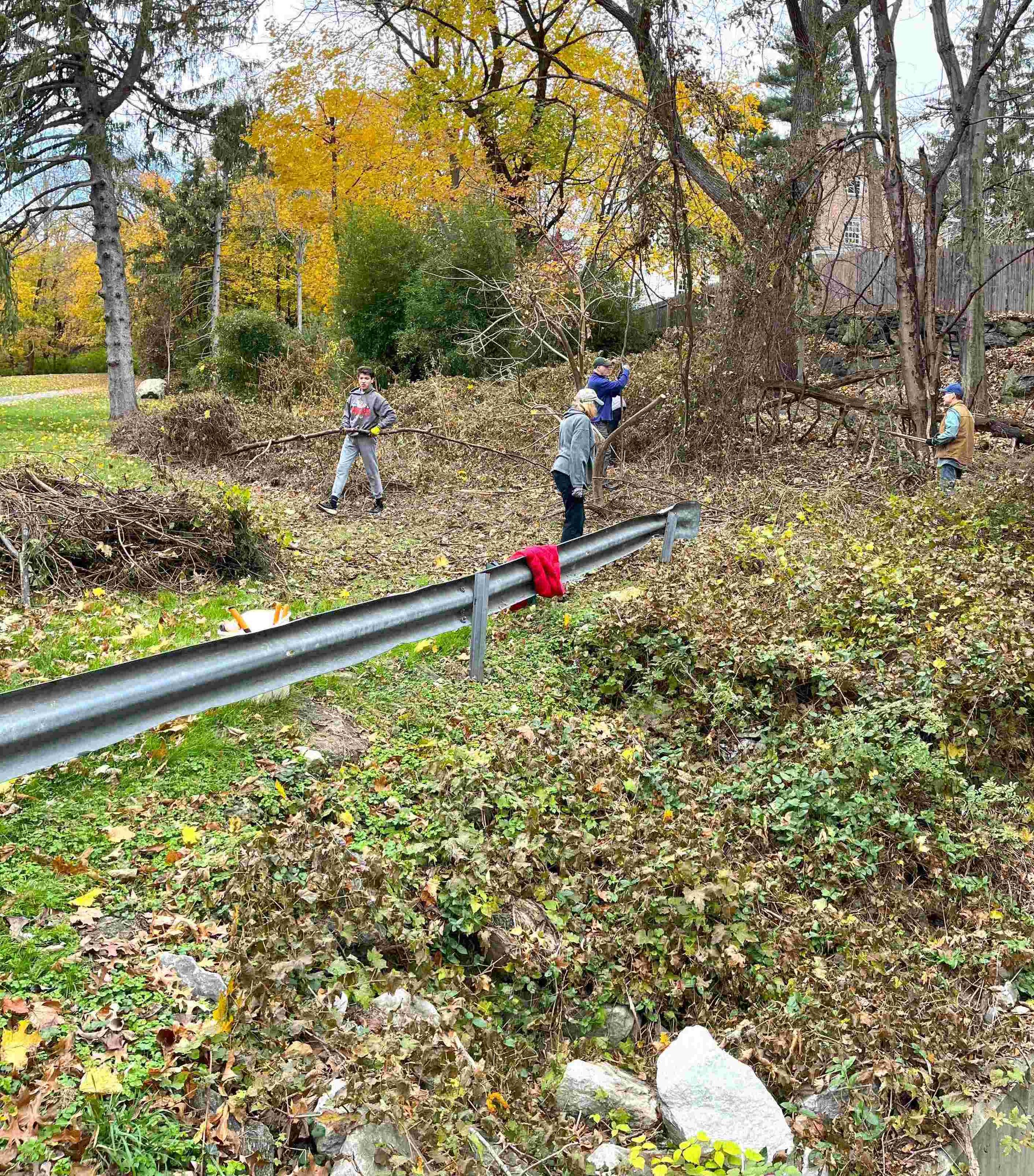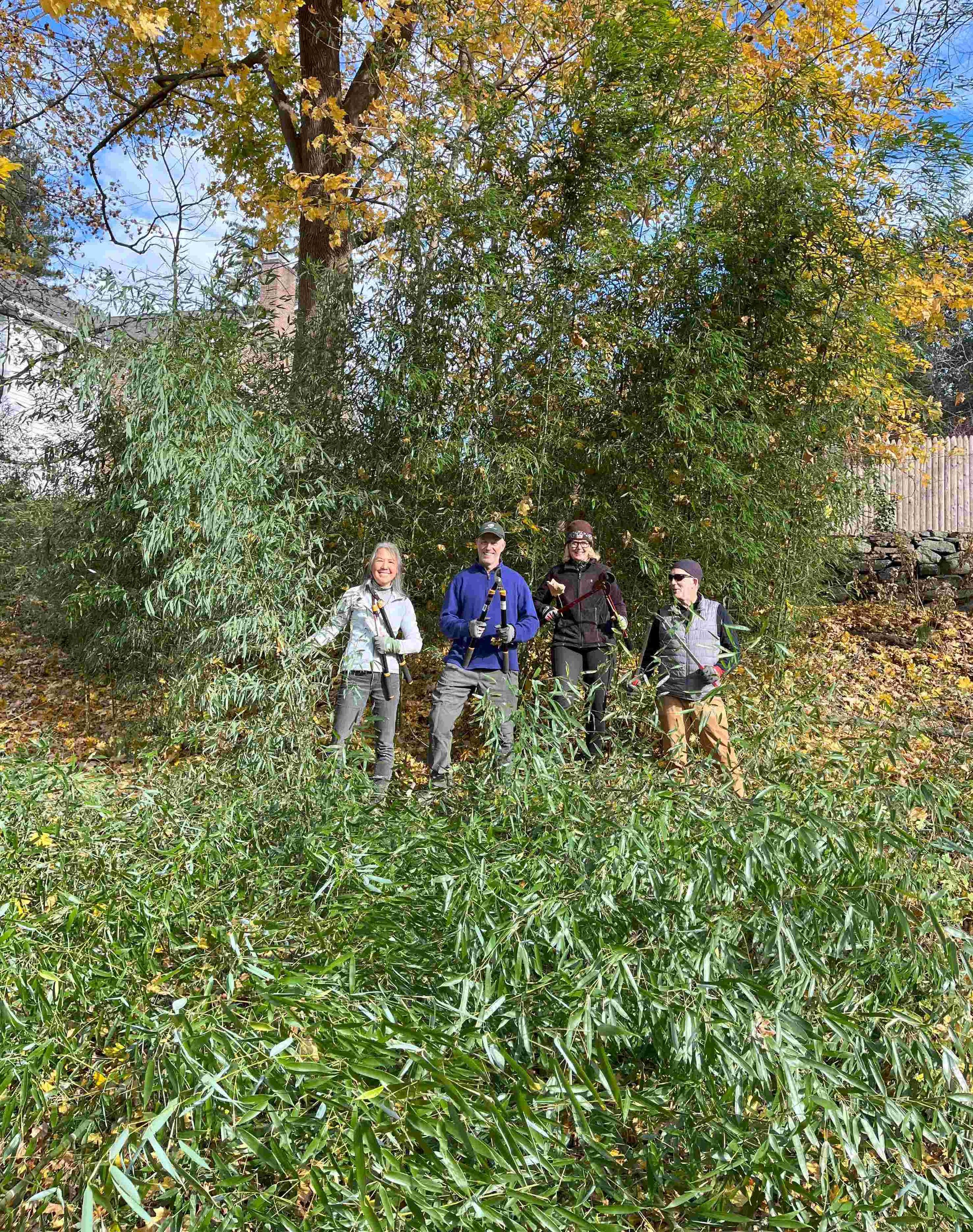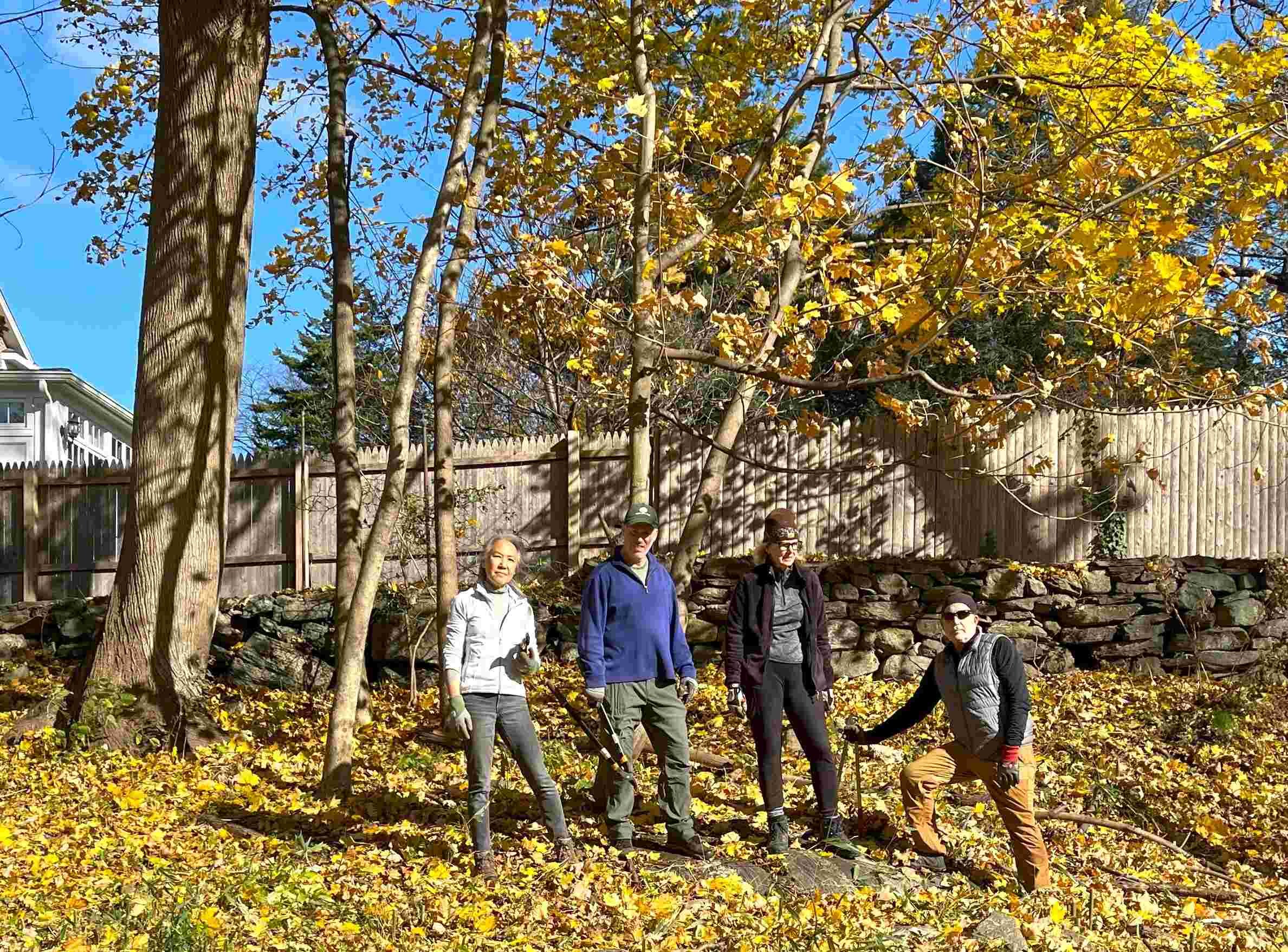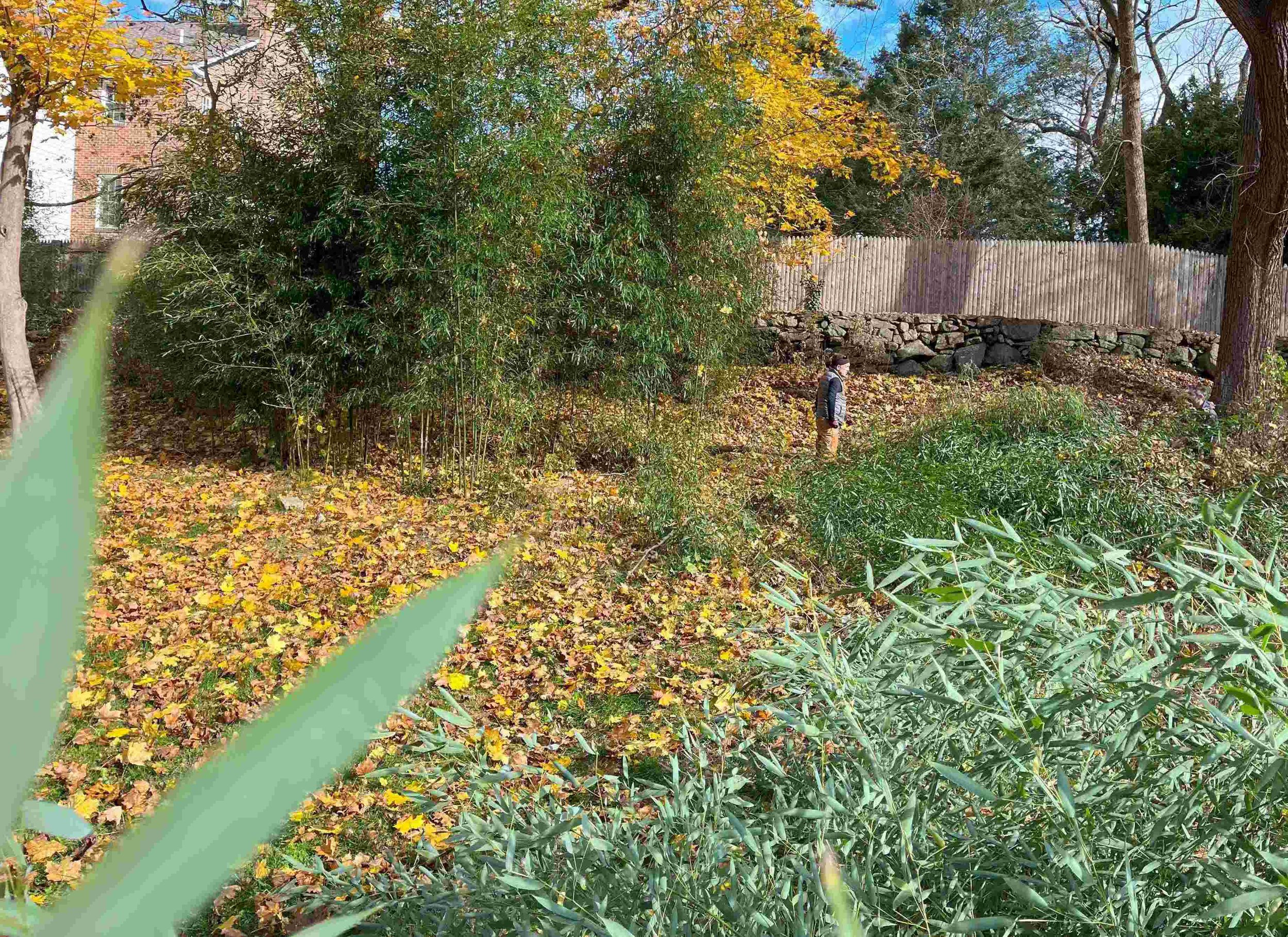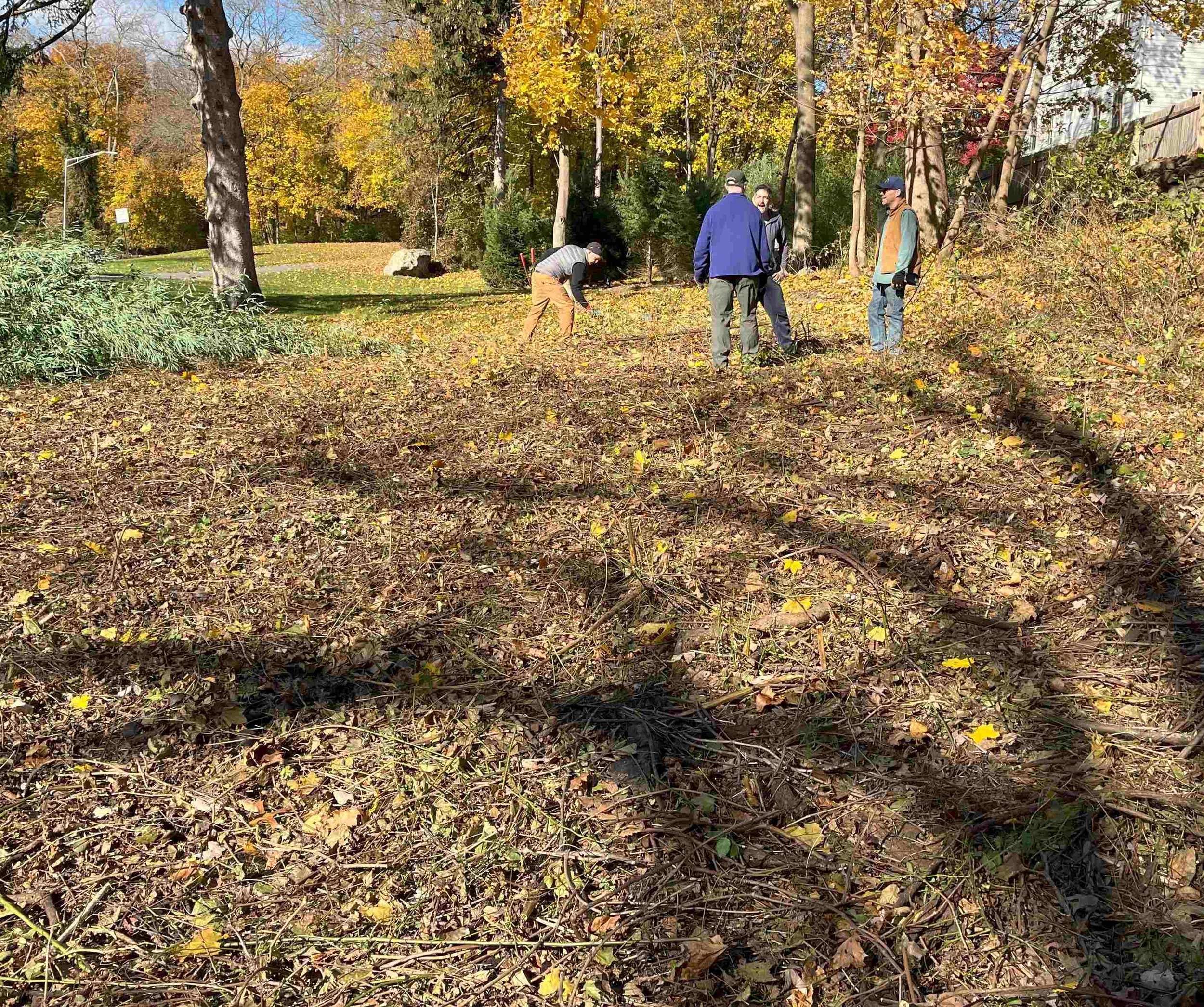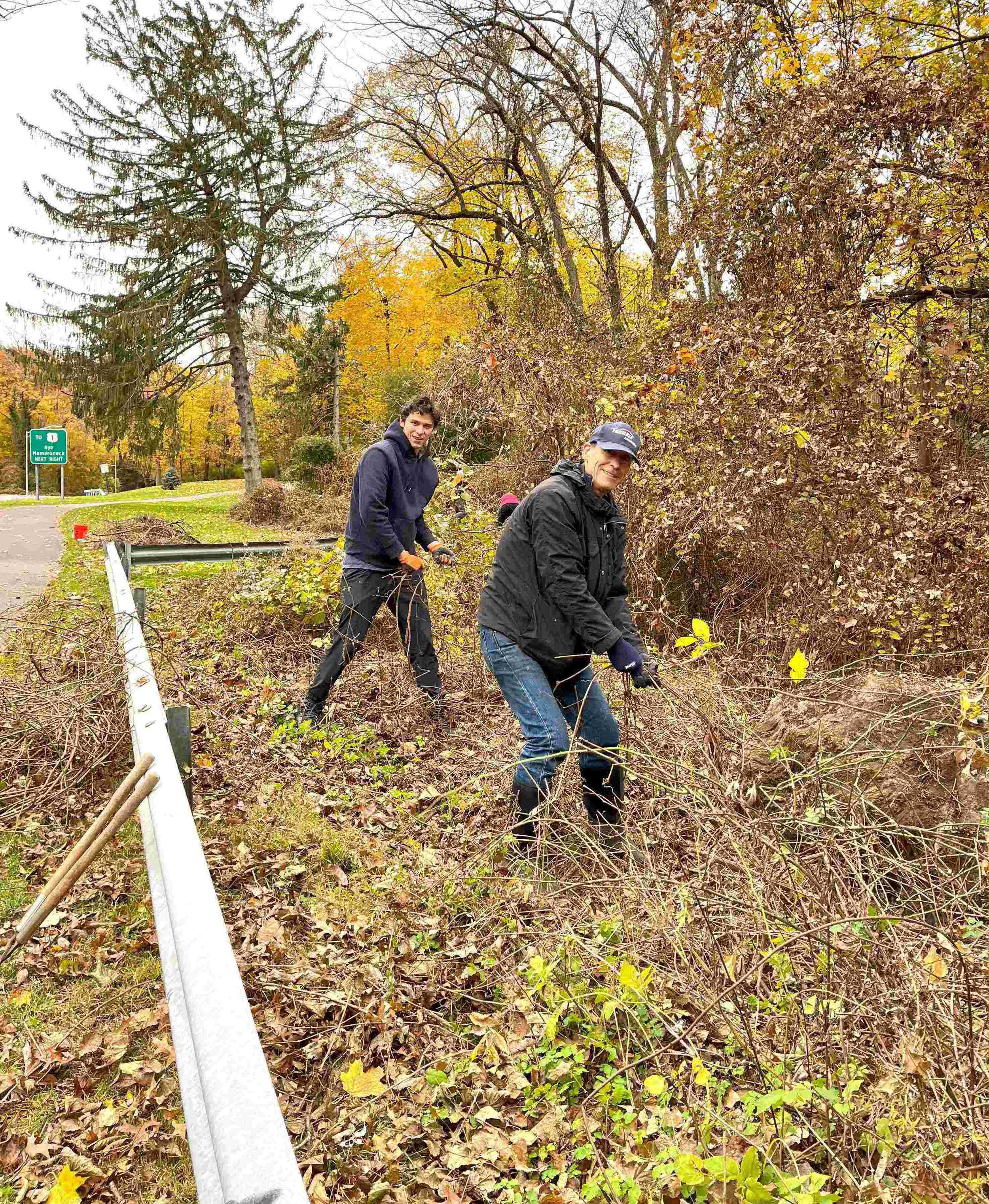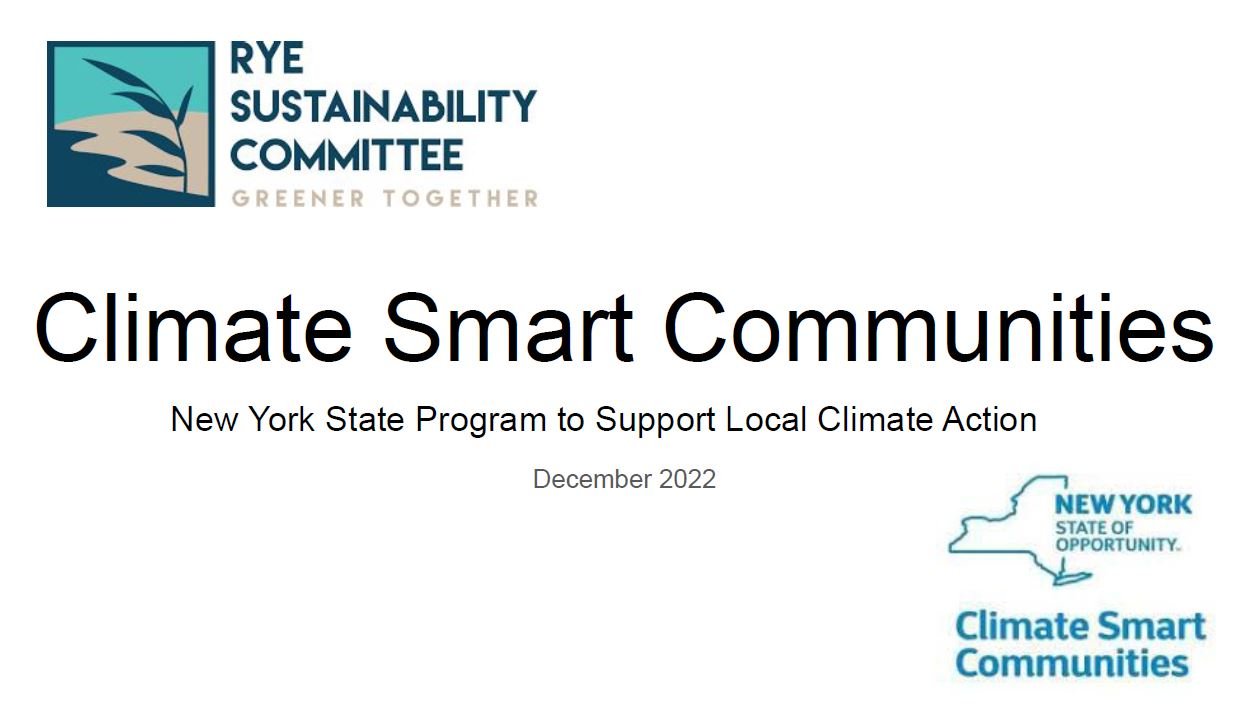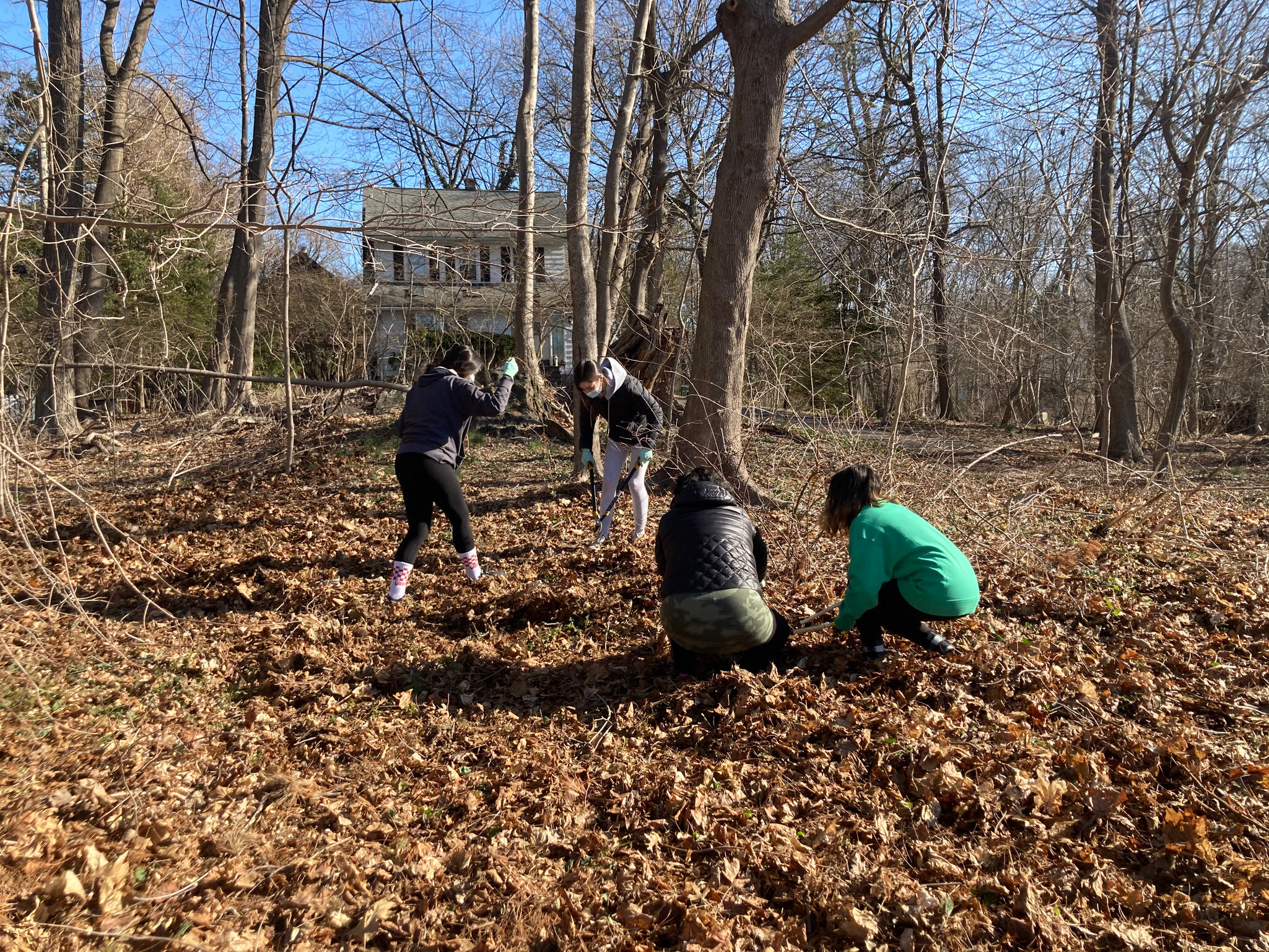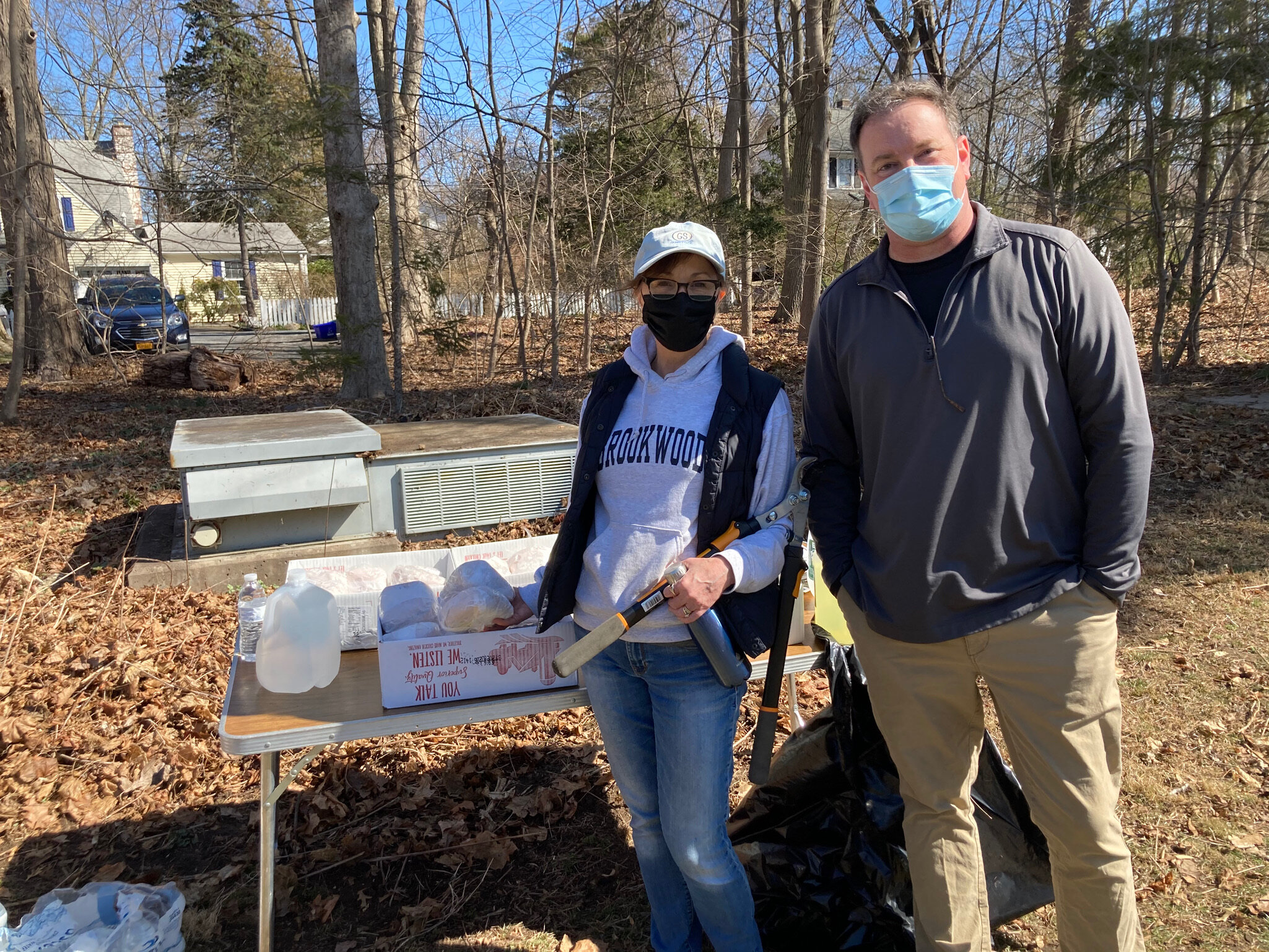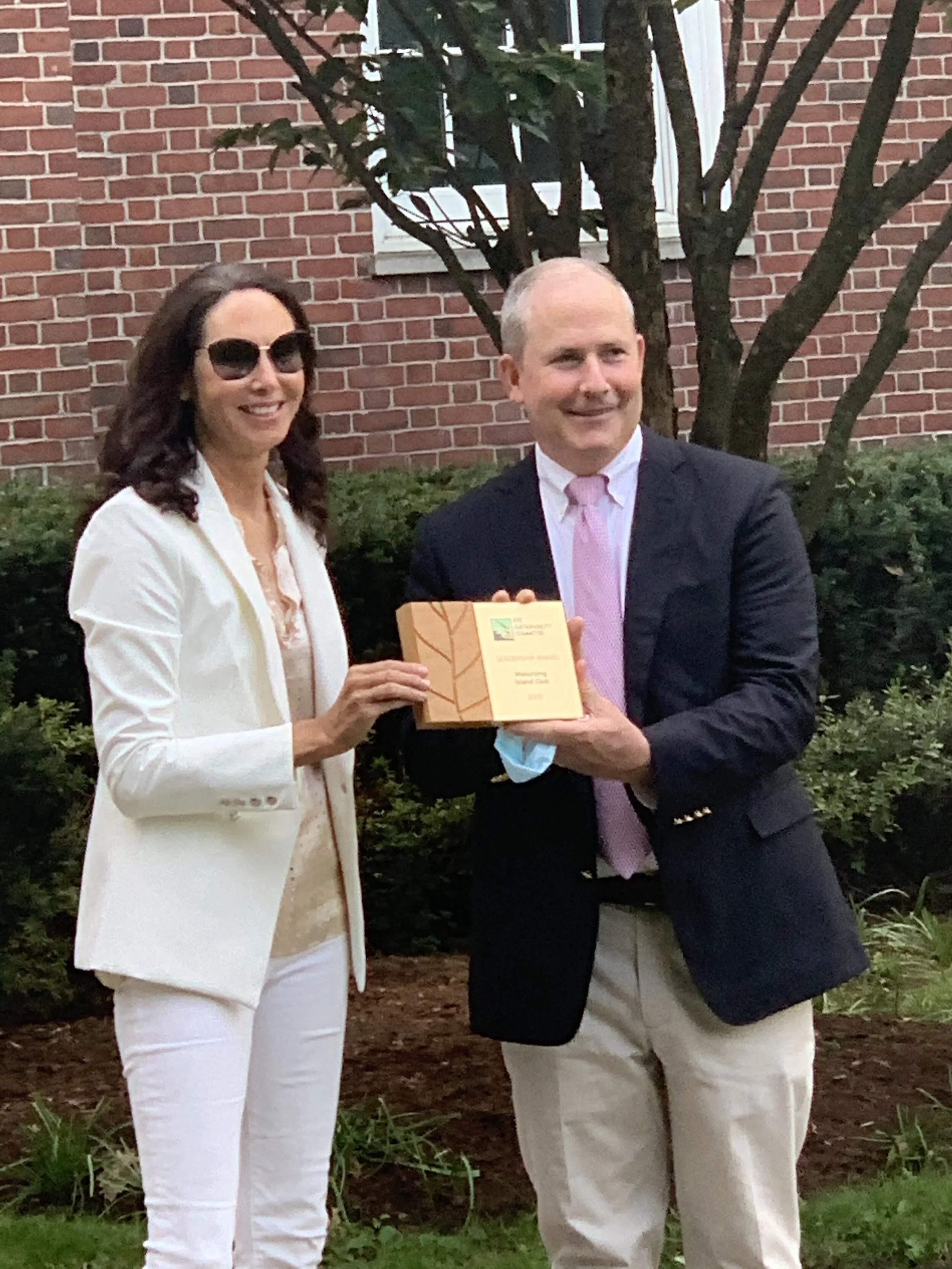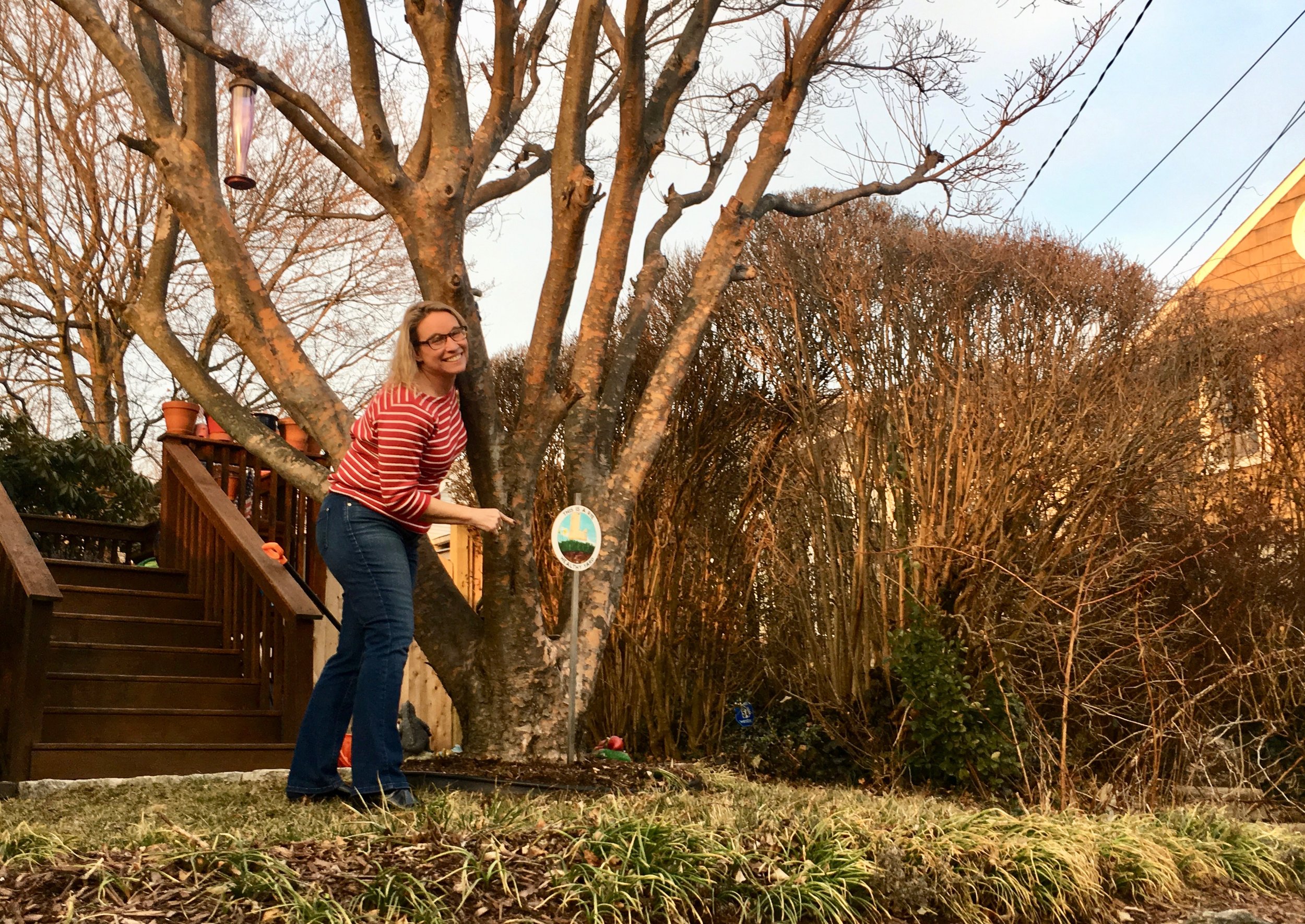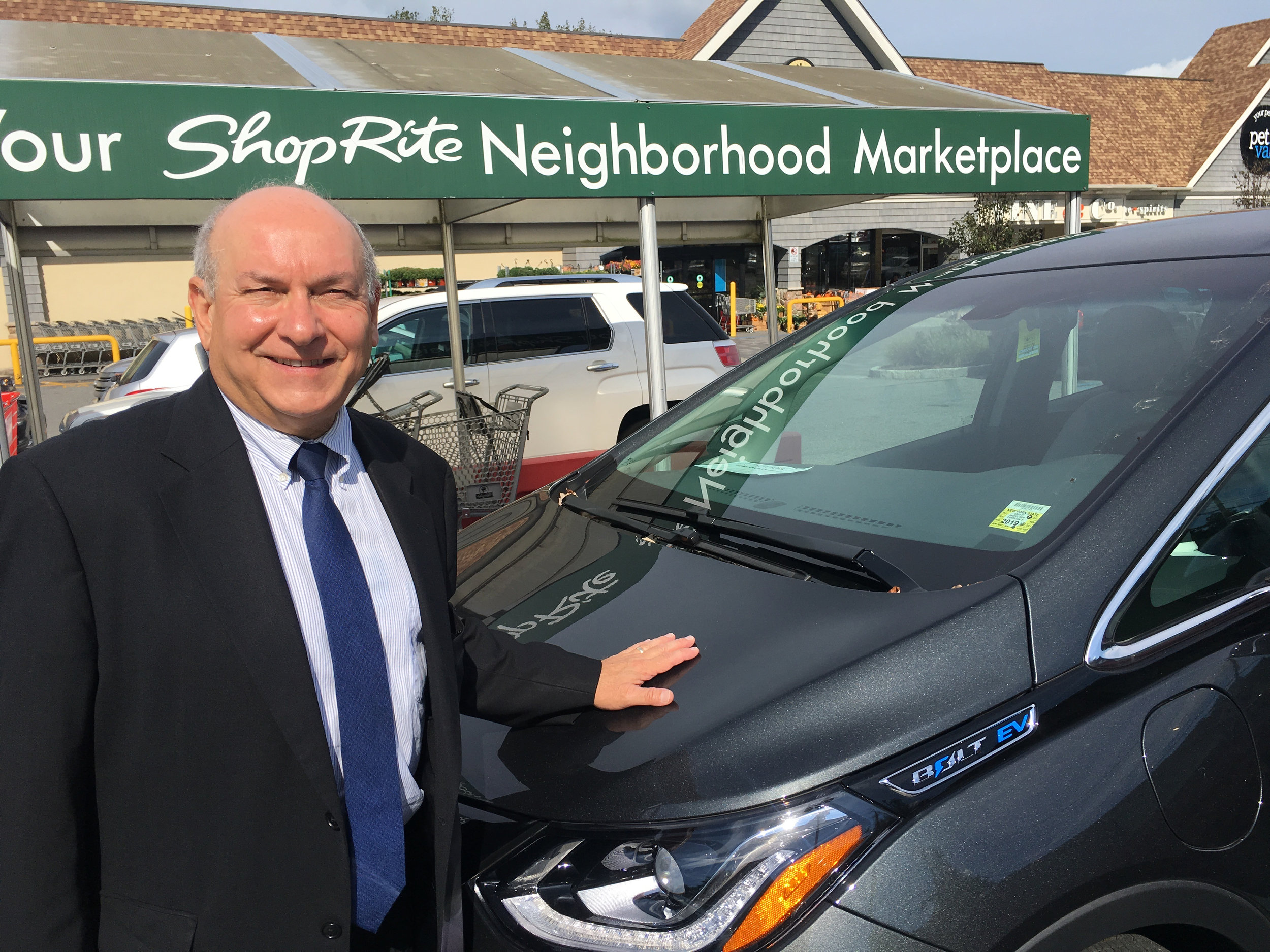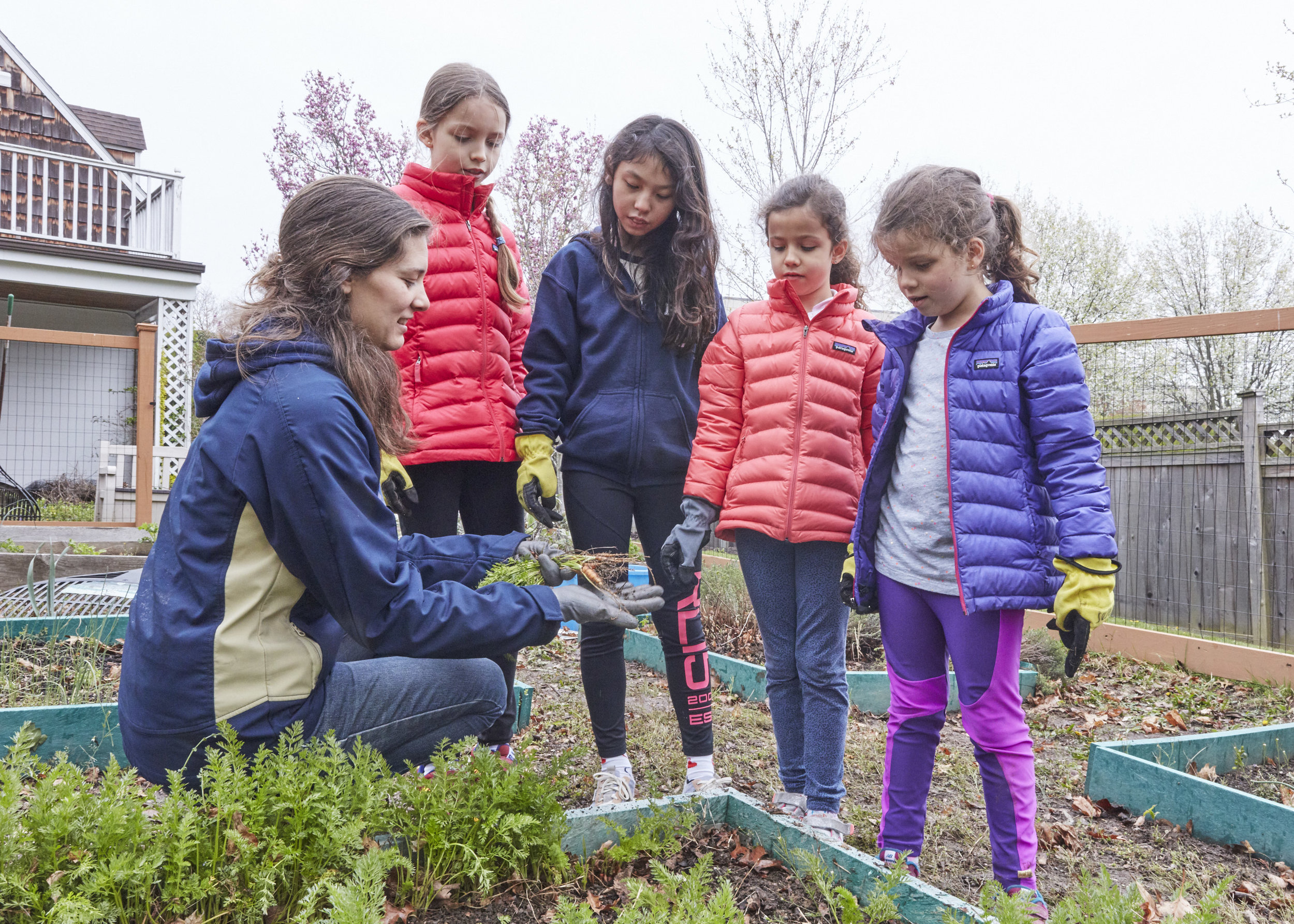The City of Rye, and the Towns of Rye and Rye Brook launched an Earth Month Challenge & Community Energy Campaign to promote two renewable energy and energy efficiency programs. Residents (renters and homeowners) and eligible organizations and businesses can lower energy costs and earn cash back, reduce their carbon footprint, and reduce the community’s reliance on fossil fuel-based energy.
This Earth Month Challenge & Community Energy Campaign, in partnership with the Rye Sustainability Committee, promotes two community energy programs through Sustainable Westchester – Community Solar and GridRewards.
Community Solar and GridRewards Workshop Dates: (CLICK THE DATE TO REGISTER)
Thursday, April 8th at 6:00 pm, Thursday, April 15th at 5:30 pm, Wednesday, April 21st at 6:00 pm
Community Solar Workshop Dates:
Wednesdays, May 5th at 12 pm and May 25th at 6:30 pm
The GridRewards and Community Solar programs are free to join and allow residents to save money and reduce their carbon footprint. Both programs are available to residents - renters and homeowners - and eligible organizations and businesses. The programs are voluntary, have no cost to join or cancel and they include the flexibility to use your current electricity supplier (e.g. ConEd or Westchester Power), all while saving money.
How Does Community Solar Work?
Community Solar enables people to subscribe to a large solar installation located in their utility service territory. The energy produced by the solar farm is delivered to the electric grid and subscribers receive a credit on their electricity bill, representing the value of their share of the energy produced. Subscribers then pay the owner of the solar farm a discounted amount for that solar credit resulting in savings of up to 10% off the entire electricity bill.
Community Solar is compatible with Sustainable Westchester’s Westchester Power (CCA) program, other ESCOs, and ConEdison, or a subscriber’s current utility. Community Solar allows interested residents to double their support for renewable energy as they can participate in both programs while benefiting from community solar savings. Residents who already have solar on their property, however, are not eligible for Community Solar.
The New York State Public Service Commission regulates community solar to ensure consumer protection and the approach is integral to achieving the state’s ambitious climate goals, including more than doubling renewable energy production by 2030. Community Solar is an important component of the NY State’s environmental and climate justice mandates and a core offering from Sustainable Westchester.
Con Edison customers can learn more and enroll at SustainableWestchester.org/Solar. The sign-up process takes minutes and requires submitting the 2nd page of a recent ConEd bill and setting up automated payments for the solar credits with a preferred credit card or bank account. Most Westchester residents are unable to benefit from solar installations on their homes, and community solar expands access to the benefits of solar energy to almost everyone - with no investment and no solar installation required.
How Does GridRewards Work?
GridRewards empowers eligible energy users in Westchester County to receive cash rewards from participating in Con Edison’s demand response programs, while also educating participants through the GridRewards app on how to reduce their monthly energy bill and make an overall positive environmental impact by reducing their energy usage and carbon footprint. Signing up involves downloading the GridRewards app at SustainableWestchester.org/GridRewards (available to download through Google Play or the App Store).
GridRewards provides a powerful incentive for energy saving actions by sharing demand response revenues with the energy users who performed them. When a household’s energy saving action earns revenue, it is logged through SmartKit AI and paid out in the form of a check to the participant. Cash is distributed to participants before the end of the calendar year. While each participant is encouraged to reduce as much energy as possible during demand response events, there are no penalties for opting out of an event.
The ubiquity of smart thermostats makes performance easier than ever – raising cooling setpoints by four degrees for a handful of 1-6 hour periods in the summer can earn participants significant money — a payout of up to 15% of the total annual Con Edison electricity bill.
Beyond raising temperatures, additional activities could include dimming lights, avoiding electric hot water heating and shifting dishwashing and laundry activities to a later time of day. With zero investment in hardware or equipment of any sort, customers can easily take these actions and watch their energy usage drop on the app, translating these behaviors into savings and payouts with real-time transparency.
About Sustainable Westchester
Sustainable Westchester is a nonprofit consortium of Westchester County local municipalities facilitating effective collaboration resulting in sustainability initiatives and cutting-edge innovation. Their goal is to bring socially responsible, environmentally sound, and economically viable solutions that create resilient, healthy, vibrant, sustainable communities. For more information, contact Maria Genovesi, Director of Marketing, Communications & Outreach at (914) 242-4725 x104 or maria@SustainableWestchester.org or visit www.SustainableWestchester.org for general information.
